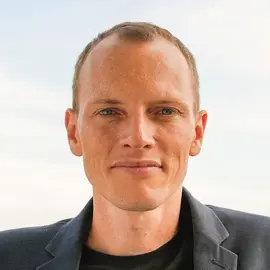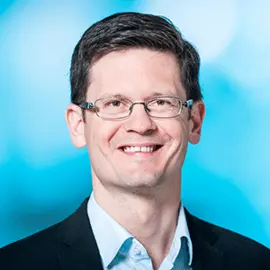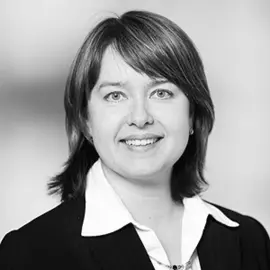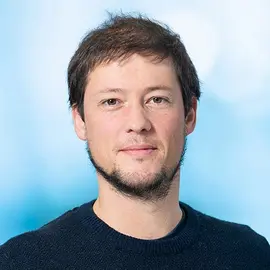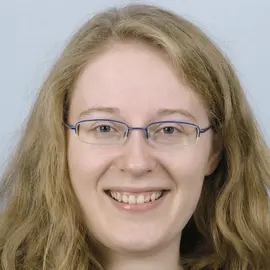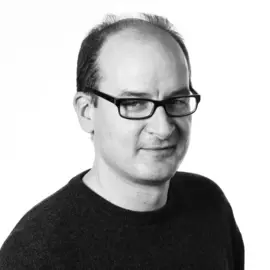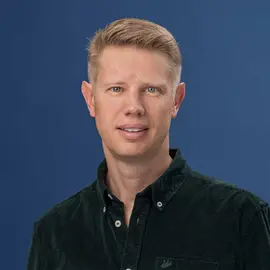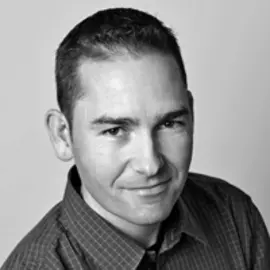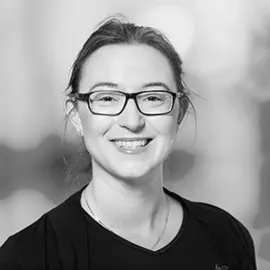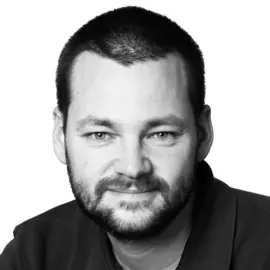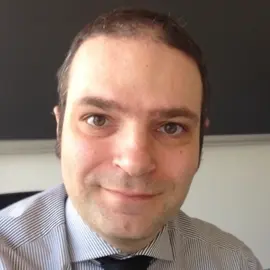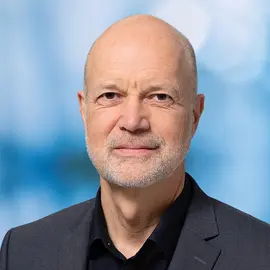Research Centre for Digital Labs & Production
The Research Centre for Digital Labs & Production connects people, spaces and processes in the life sciences. From mixed-reality digital twins via progressive web applications to machine-to-machine interfaces, we connect physical and digital worlds through data and analytics.
About us
The centre combines specific methodological and technological expertise in the digitization and virtualization of laboratories, processes and production facilities in the life sciences. This includes, on the one hand, the networking of devices, processes and people using interfaces, data pipelines and data management and, on the other hand, the mapping of physical systems and infrastructures to models and simulation environments. Digital twins are a good example of how these topics interact.
Three research groups are active in this field.
Simulation & Optimization
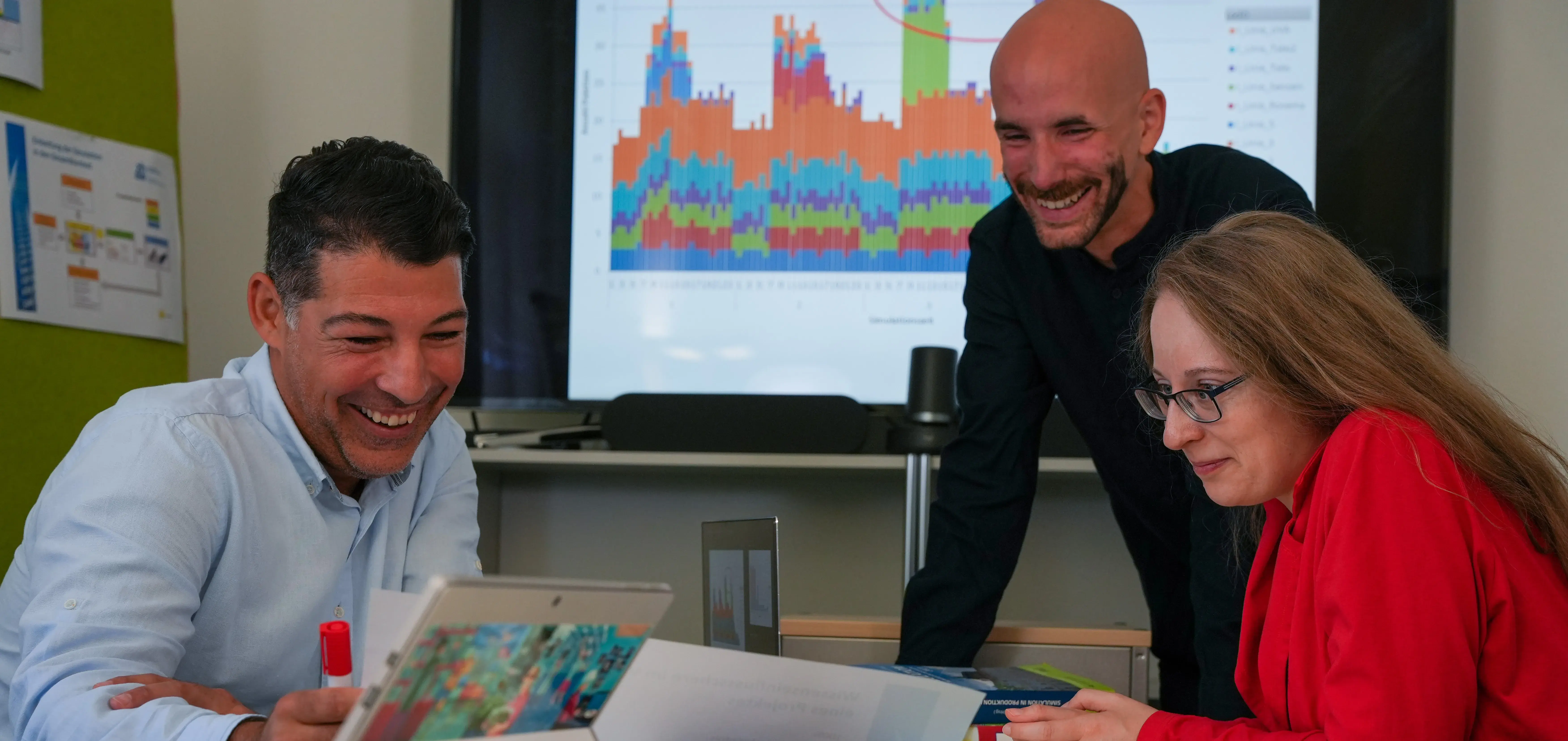
Strategic, tactical and operational process optimization using modelling and simulation tools are the focus of the research group. This includes the modelling and simulation of the dynamics of heterogeneous, complex systems as well as the investigation, optimization and control of their behaviour.
Group leader: Prof. Dr. Lukas Hollenstein | Learn more about the research group Simulation & Optimization
Data Management & Visualization

The research group specializes in the development of systems for data aggregation, transformation and management. Processing pipelines are designed and implemented to take data from their sources (e.g. graphic user interfaces, wearable sensors, measuring probes) through preparation steps (incl. quality control and homogenization) to storage solutions, analysis and visualization of results and insights.
Group leader: Dr. Robert Vorburger | Learn more about the research group Data Management & Visualization
Edge Computing & Interfaces
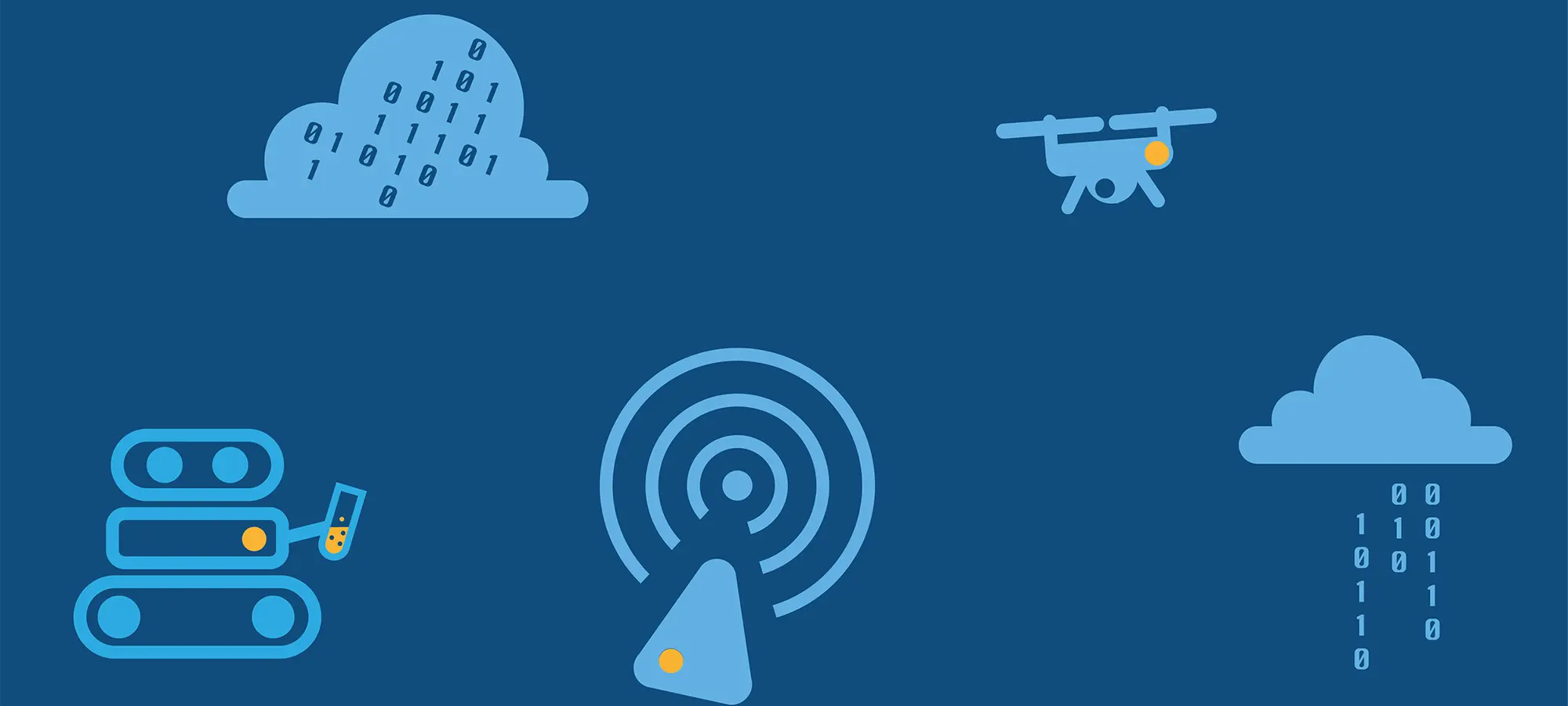
The research group combines dynamic physical structures with digital environments using sensor, actuators, and edge computing. The group supports automation and decentralized intelligent data processing in the life sciences by connecting people, machines, and contexts.
Group leader: Dr. Christian Glahn
Teaching Activites
The centre offers courses at BSc and MSc level in the fundamentals of data science, in mathematical and physical modelling (with a focus on simulation-based process optimization), in data management (with a focus on database technologies and visualization), and in physical computing (sensors and actuators) as well as cloud and edge computing.
The specialization Digital Labs & Production of the BSc ADLS is coordinated by this centre and corresponding Bachelor and Master theses are offered.
- Bachelor of Science (ZHAW) in Applied Computational Life Sciences
- Master of Science in Life Sciences - Specialisation Applied Computational Life Sciences
In addition, the centre is involved in programs and activities in the field of science education beyond the university level and offers continuing education courses.
Projects
Unfortunately, no list of projects can be displayed here at the moment. Until the list is available again, the project search on the ZHAW homepage can be used.
Publications
-
Bae, Dasom; Wróbel, Anna; Kaelin, Ivo; Pestoni, Giulia; Rohrmann, Sabine; Sych, Janice Marie,
2022.
Nutrients.
14(12), pp. 2494.
Available from: https://doi.org/10.3390/nu14122494
-
Chatelain, Karin; André, Amandine; Freimüller Leischtfeld, Susette; Schneider, Monika; Wick, Sylvia; Keller, Regula; Trachsel, Sonja; Waldner, Tim; Vorburger, Robert; Miescher Schwenninger, Susanne; Chetschik, Irene,
2022.
Cocoa in numbers : from data to knowledge[poster].
In:
10th Round Table Cocoa, Hamburg, Germany, 2-3 June 2022.
-
Gassmann, Roland; Itten, René,
2022.
Logistics Innovation.
2021(2), pp. 10-13.
Available from: https://doi.org/10.21256/zhaw-24790
-
Busin, Adrian; Vorburger, Robert; Kinner, Mathias,
2022.
Softscope : automatic evaluation of microscopy images.
Transfer English edition.
2022(1), pp. 5.
Available from: https://doi.org/10.21256/zhaw-29554
-
Vorburger, Robert; Hollenstein, Lukas,
2021.
Neue Verrechnungsmodelle für die Maschinenindustrie.
Transfer.
2021(2), pp. 5.
Available from: https://doi.org/10.21256/zhaw-23748


